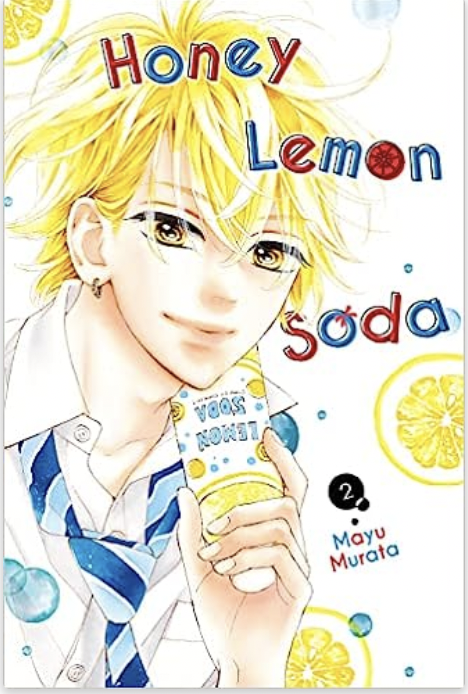Like a Butterfly, Volumes 1-3 by Suu Morishita
Suu Morishita series are an automatic buy for me, after Shortcake Cake, I went against my self-imposed ban on buying digital first series to get A Sign of Affection (one of my favorites of all time), so I was delighted to have a chance to read an earlier series, Like a Butterfly. It deals with communication issues in a different way than Sign of Affection but is extremely compelling.
Suiren is incredibly beautiful, but her beauty is actually a burden. People have an oversized reaction to her outward appearance, and she chose to go to an all girls middle school because of the unwanted attention. Unfortunately she received just as much attention there, but did have the benefit of some fierce female defenders who would fend off boys at the school gates. Over time, she began to develop a self-defense mechanism of speaking very little and having almost no self expression in order to not provoke any type of unwanted attention. She thus has the nickname “the mysterious flower”. Suiren’s old friend Aya is her main companion, and helpful social navigator. Suiren notices Kawasumi, a quiet boy with glasses who is consumed by karate a couple times at school. He comes to her rescue when an upperclassman takes her bag and announces that he’s going to walk her home. His method is to use some karate moves but expertly pull his punches so his opponent knows full well that Kawasumi could absolutely destroy him. With Kawasumi, Suiren has found someone that she wishes would notice her, but he’s not really able to talk to girls either, even though he notices her back.
An additional complication is introduced in the form of Koharu, a forthright girl who has developed a crush on Kwasumi and starts asking him out. She comments to Suiren that she doesn’t want to be a passive flower but a butterfly who will fly towards whatever she wants. Suiren is struck by the contrast in their personalities and also wants to go after what she wants. Like a Butterfly develops at a glacial pace, but due to the nature of Suiren and Kawasumi’s communication difficulties any interaction between them is charged with meaning. Their friends serve as both cheerleaders and sources of running commentary when they aren’t really able to express their feelings. Suiren gradually makes some overtures, but Kawasumi’s radar for dealing with attention for girls is so broken that he isn’t able to understand what’s happening very well. By the third volume, the not-quite-a-couple has been to a festival and Suiren has actually cheered Kawasumi on at a Karate tournament. The art for this series is great, I was continually amused by the many variations of Suiren’s expressionless face that end up actually telegraphing her feelings. I was predisposed to like this series and the first three volumes did not disappoint.





Recent Comments